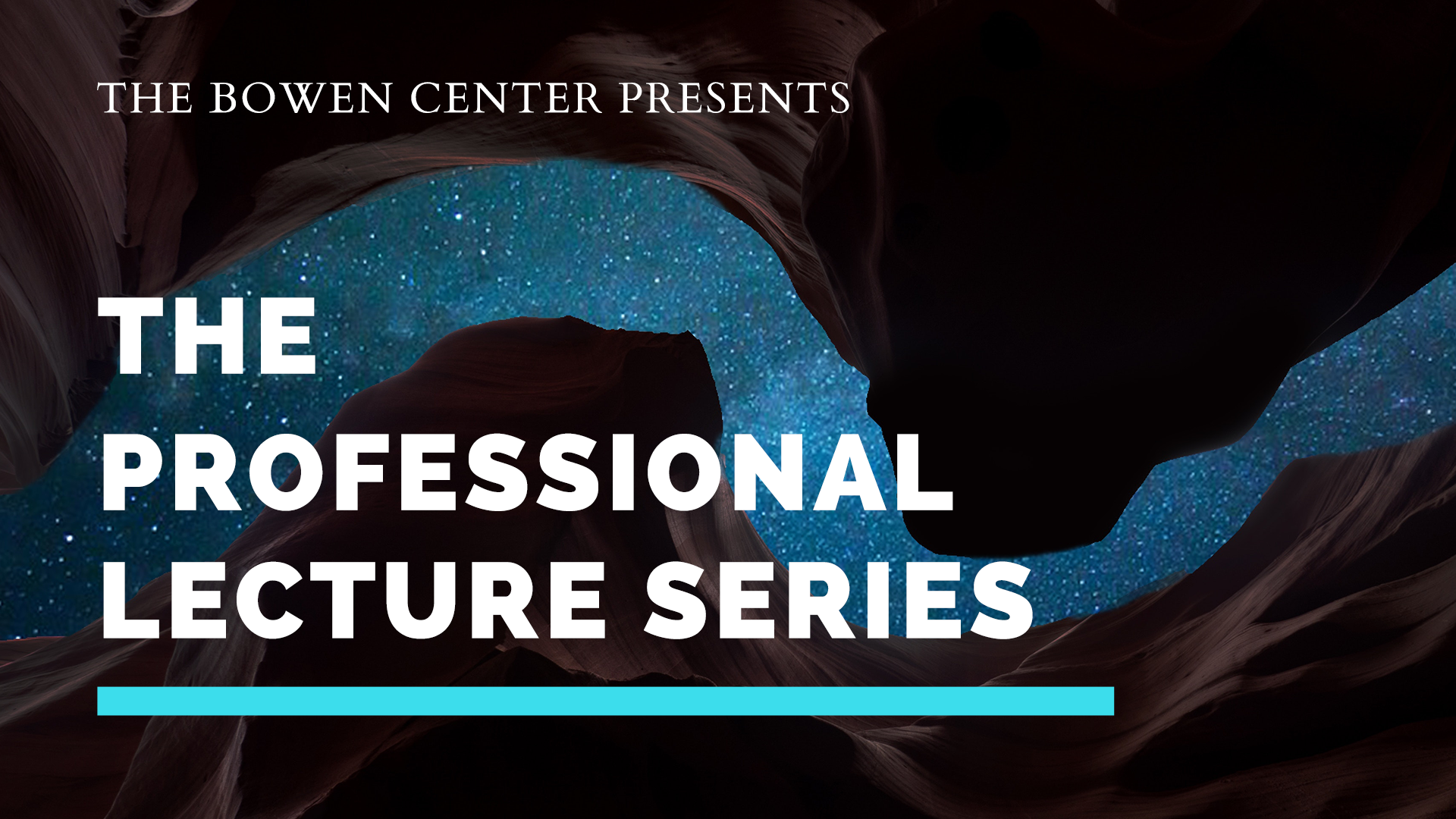The Two Hierarchies
Presenter: Laurie Lassiter, PhD, MSW
Presentation description: “The Two Hierarchies” offers a broad exploratory discussion of the variation in differentiation of self on the one hand and the variation in socioeconomic status on the other. As Murray Bowen posited, the natural process of variation in level of differentiation of self is independent of social status, beauty, intelligence, or talent. Roughly equivalent to emotional maturity, it is a separate characteristic that has to do with the degree that an individual can sustain a separate self while engaging in relationships with others.
While hierarchies based on social status have been more researched, I propose that the natural process of variation in differentiation of self, especially as it can be observed in the human, is also a social hierarchy of sorts. There is no doubt that level of differentiation of self is a determining factor in life outcome. Those with higher levels of self, all things being equal, are more likely to be invited to social events, to be hired and promoted in a job, and to receive romantic interest, marriage proposals, and success in any endeavor that involves the respect and admiration of other people. In addition to their social skills and appeal, these are people who tend to be effective in what they set out to do. One’s level of differentiation is automatically assessed and compared to others regardless of whether the observers have ever heard of Bowen’s concept.
While both kinds of hierarchy, variation in differentiation of self, and variation in social status, show up in the individual, they are the result of processes at the level of the group. What are these automatic processes that take place at the level of the family in one case, and at the level of society in the other? How are they different, and what may they have in common? What are their functions? If there are similarities at the biological molecular level, at the level of physiological health, or at the level of relationship, could the study of one be enriched by the study of the other?





